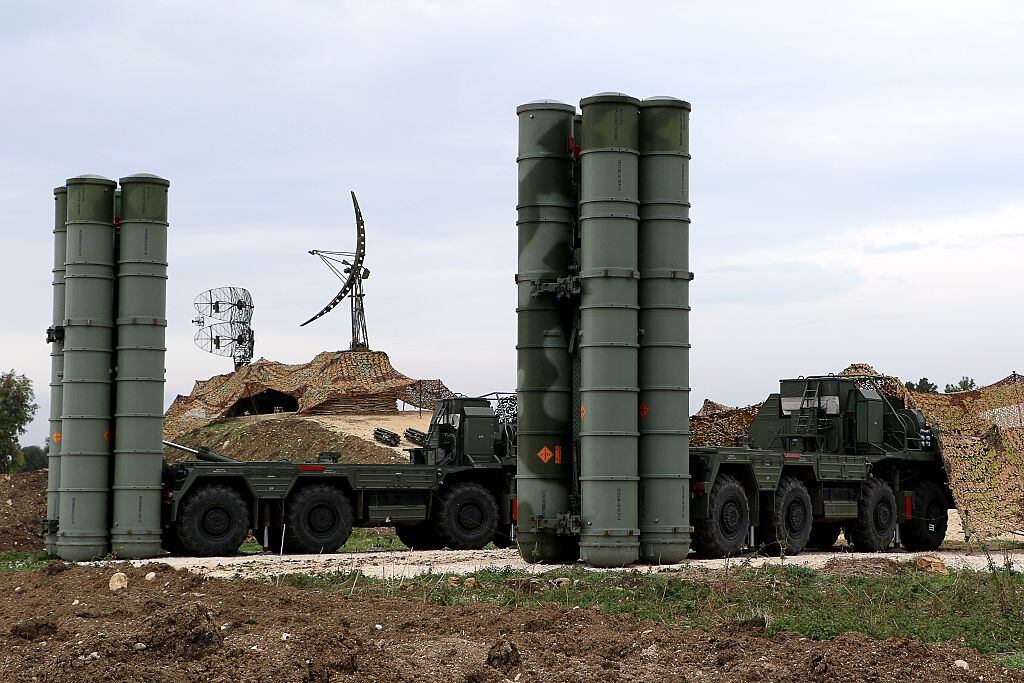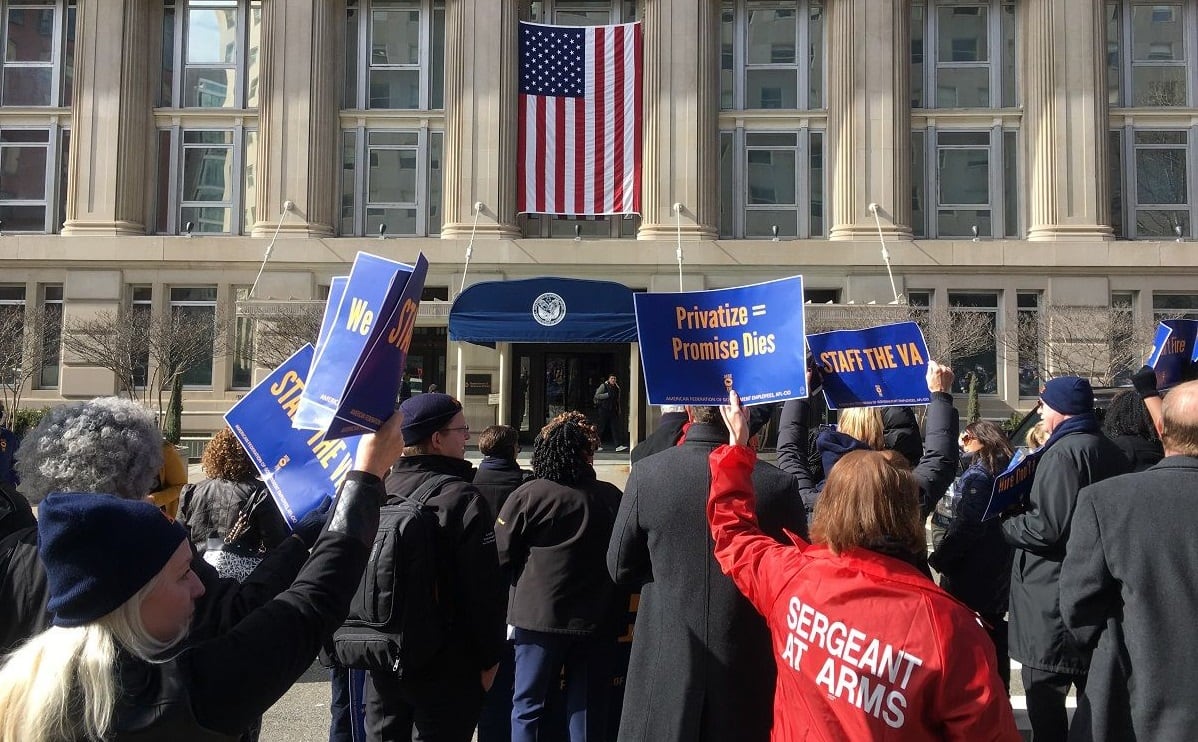The Russian announcement Friday that the deconfliction channel between Moscow and the U.S. military is being suspended and that Russia plans to bolster Syria's air defense system could put U.S. pilots and ground forces at considerable risk as operations targeting the Islamic State group continue.
The move came in the wake of Thursday night's U.S. barrage of Tomahawk cruise missile strikes against the Syrian regime of Bashar al-Assad, a key Russian ally.
"Russia suspends the Memorandum of Understanding on Prevention of Flight Safety Incidents in the course of operations in Syria signed with the U.S.," the Russian Foreign Ministry statement issued Friday morning said.
However, senior U.S. defense officials immediately pushed back on those claims, saying the deconfliction channel was still open and reports suggesting otherwise are false.
A Russian news service reported Friday that the Russian defense ministry summoned the U.S. military attaché in Moscow and delivered formal notice that the agreement would be suspended at midnight Friday.
The U.S. and Russia established the direct line of communication in October 2015 after Russia began conducting air strikes in support of the Syrian regime at the same time that U.S. aircraft were operating in Syrian airspace to support Syrian militants fighting ISIS. The agreement was an attempt by the two nuclear powers to limit the risk of midair collisions or inadvertent strikes on U.S. and Russian forces operating in the war-torn region.
The U.S. military used the line Thursday to inform Russia of the imminent U.S. strikes against Syria's Shayrat airfield — the airfield U.S. officials claim was used to launch the chemical weapons attack on Idlib, Syria, on April 4.
Over the past several months the military-to-military communications line has become increasingly important as U.S. and coalition forces have expanded ground-level operations in Syria. The U.S. is backing Syrian rebel groups that continue to surround and choke off ISIS's self-proclaimed capital of Raqqa. One defense official said the line was being used daily.
In the small Syrian city of Manbij, where U.S. ground forces were recently deployed as a deterrence and reassurance force to protect U.S. Kurdish allies, Russian and U.S. forces are both operating within eyesight of each other, meaning a line of communication is necessary to avoid misunderstandings and accidents between the two military heavyweights.
But any move to sever the communication channel with the U.S. would be a mistake and "more dangerous to the Kremlin," according to John Herbst, the former U.S. ambassador to Ukraine who is now director of the Atlantic Council's Dinu Patriciu Eurasia Center.
The former ambassador sees the statements by the Kremlin as a sign of weakness. "Our conventional forces are vastly superior" and Russia would need to be willing to risk a nuclear confrontation with the U.S.
Putin's "stakes in Syria are not that large to risk confrontation with the United States, unless he thinks the U.S. will back down," Herbst said.
The increased risks in the Syrian skies could limit the ability of U.S. aircraft to provide close air support to U.S. troops and their allies operating on the ground.
Also, there is little Russia can do in terms of bolstering Syria’s air defense systems, according to Herbst.
Russia already has several advanced S-400 air defense systems capable of shooting down U.S. cruise missiles that are deployed in the region. They could deploy several more S-300s, but that wouldn’t change the dynamics or threat in the region, according to Herbst.
Furthermore, U.S. officials said they saw no sign of intention by Russia to use its S-400 air defense system to shoot down the U.S. Tomhawks targeting the Syrian airfield, despite having advanced warning of pending U.S. military actions against the airbase.
"I don’t think there’s really much the Russians can do here," Herbst said.
"Moscow has had a really good run in Syria since Fall of 2015, largely because they are the one large player on the field," he explained. "The U.S. strike has changed that."

Two Russian a S-400 Triumf missile system at the Russian Hmeimim military base in Latakia province, in the northwest of Syria, on December 16, 2015.
Photo Credit: Paul Gypteau/AFP via Getty Images
Russia’s ability to respond to the U.S. is limited, and any calculation by the Kremlin that Trump will back down would be "foolish," the former ambassador said.
A senior U.S. defense official said U.S. forces are taking necessary measures to reduce the risk of operating in the region. "Our main concern is the safety of our forces operating in Syria," the defense official told Military Times.
U.S. defense officials have seen no indications of Russian retribution attacks against U.S. forces operating in the region, describing the situation as "normal operations." U.S. officials also said Friday that they have seen no change in Russian behavior in Syria and that the Russians "are answering on the other end" of the line of the deconfliction channel still.
Force protection is a top priority for the Pentagon and the situation will continue to be monitored daily, according to defense officials
Shawn Snow is the senior reporter for Marine Corps Times and a Marine Corps veteran.





